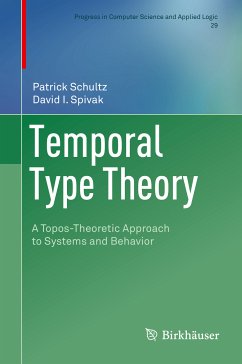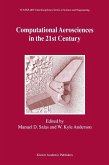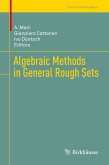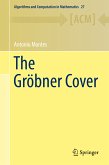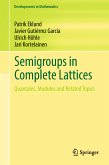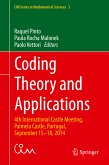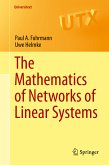This innovative monograph explores a new mathematical formalism in higher-order temporal logic for proving properties about the behavior of systems. Developed by the authors, the goal of this novel approach is to explain what occurs when multiple, distinct system components interact by using a category-theoretic description of behavior types based on sheaves. The authors demonstrate how to analyze the behaviors of elements in continuous and discrete dynamical systems so that each can be translated and compared to one another. Their temporal logic is also flexible enough that it can serve as a framework for other logics that work with similar models.
The book begins with a discussion of behavior types, interval domains, and translation invariance, which serves as the groundwork for temporal type theory. From there, the authors lay out the logical preliminaries they need for their temporal modalities and explain the soundness of those logical semantics. These resultsare then applied to hybrid dynamical systems, differential equations, and labeled transition systems. A case study involving aircraft separation within the National Airspace System is provided to illustrate temporal type theory in action.
Researchers in computer science, logic, and mathematics interested in topos-theoretic and category-theory-friendly approaches to system behavior will find this monograph to be an important resource. It can also serve as a supplemental text for a specialized graduate topics course.
Dieser Download kann aus rechtlichen Gründen nur mit Rechnungsadresse in A, B, BG, CY, CZ, D, DK, EW, E, FIN, F, GR, HR, H, IRL, I, LT, L, LR, M, NL, PL, P, R, S, SLO, SK ausgeliefert werden.

